Michelle Duke
I'm a Content Producer working in tech & innovation. Known as the “Hackathon Queen” 👑 I'm on the GitHub DevRel team and love sharing stories from our amazing community of developers.
We’ve seen some amazing community projects this last month. These are exciting new releases from some of the coolest projects around. There’s everything from world-changing tech to weekend hobbies. There…

We’ve seen some amazing community projects this last month. These are exciting new releases from some of the coolest projects around. There’s everything from world-changing tech to weekend hobbies. There seems to be a bit of a trend in CLI too as well as updates for the new Apple chipset. Many of this month’s releases include awesome products for your terminal. So put the coffee machine on, switch to some funky music, and read our top staff picks for this month.
We featured Puppeteer in our February edition of the Release Radar. It seems like the team is constantly shipping major releases! With Puppeteer version 9.0, the filechooser is now synchronous, plus there are a multitude of other changes. There’s a host of bug fixtures and a bunch of new features. These include improved functionality, installation fixes on the new Apple M1 chips, an update to Chromium, and more. You can read up on all the changes on Puppeteer’s changelog.
Is there one open source project that can do it all? Not many can. With Pulumi you can build, deploy, and manage your cloud infrastructure and apps. Apparently it’s super easy to get started too. Just watch the video below to get going. Pulumi version 3.0 has dozens of new features and hundreds of improvements. According to their blog announcement, more than 200 contributions from over 150 members has made Pulumi 3.0 possible. There’s the release of the Pulumi Automation API, full Azure and Google Cloud support, multi-language support, updates to GO and Python SDKs, additional integrations, and lots more. Check out the Pulumi release notes, for the full list of updates.
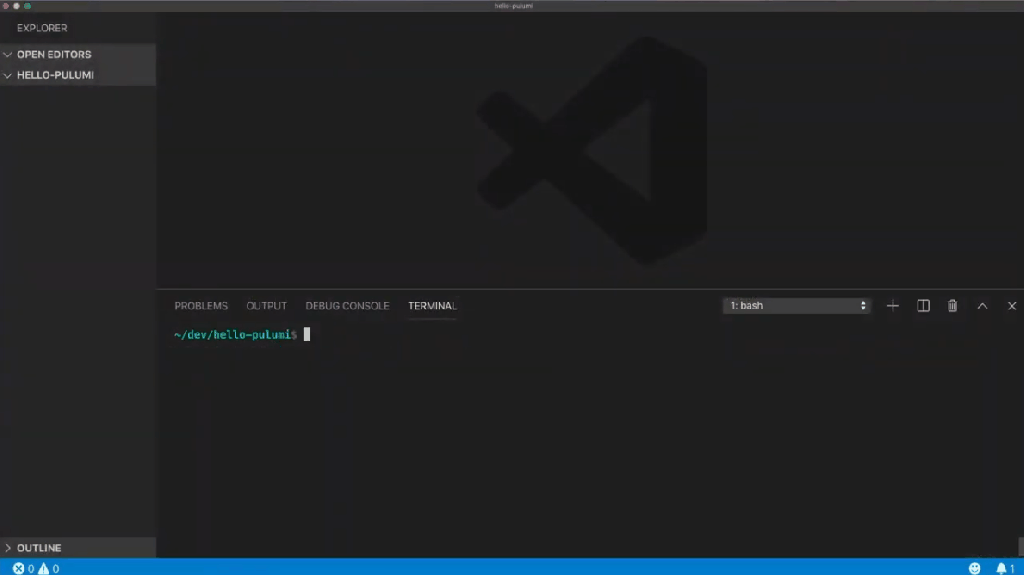
We said CLI was popular this month, and pkg is a prime example. This command line program allows you to package Node.js projects into executables that can run even without Node being installed. The latest version of pkg has a tonne of changes. There’s updates to dependencies, support for symlink and pnpm, faster build times on Windows, and lots more. Comb through all the updates in the release notes.
If CLI is popular this month, then Kubernetes is popular all year around. As one of the latest open source projects in the world, there are always lots of integrations being built. Argo CD is a declarative GitOps continuous delivery (hence the CD) tool for Kubernetes. Argo CD automates the deployment of the desired application to a specific target environment. It’s pretty handy when you’re wanting to deploy and sync your hooks at the same time. Argo CD 2.0 with a new user interface, notifications feature, Kubernetes resource synchronising, logs viewer, improved security, and more. Read the Argo CD blog post to see demos, screenshots, and details of all the latest changes.
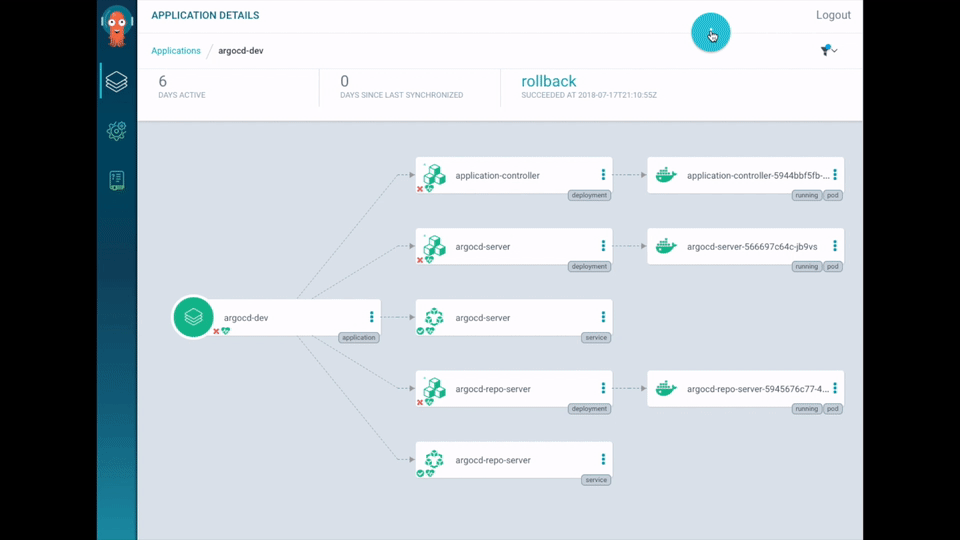
Have you ever wanted to automatically create a video? It sure would up your content creation game. With Remotion, you can programmatically create videos in React. You can even make edits to the video as the video is playing. Pretty neat right? The second major version release of Remotion adds support to include audio in your output and allows for audio visualisation. You can also used Remotion to make audio, so you can export to *.mp3, *.wav, and *.aac. Give this a go the next time you want to do some video creation.

Want to build anything? Want to automate everything you do and deliver faster? Then Gradle is the tool for you. Everything from mobile apps, to microservices for startups to huge enterprises. Millions of developers around the world from the biggest companies in the world use Gradle: LinkedIn, Android, Netflix, Adobe, Elastic, you name it. Like Kubernetes, they are also one of the top open source projects in the world. Gradle version 7.0 has a lot of changes to make the lives of developers easier. File system watching is now enabled by default, making builds even faster. There’s also support for Java 16, and additional support for Apple’s new M1 chips. Performance improvements have been made as well as updated dependencies, extra plugin support, and lots of fixed issues. Check out the Gradle blog post to see all the new features, or compare Gradle 6.0 and 7.0.
Okay, so this one isn’t a major version release, but CircuitPython has a major update. We featured CircuitPython in our December 2020 Release Radar. Since then, CircuitPython has been updated to allow support for the new RP2040 microprocessor from Raspberry Pi. If you read our December 2020 edition, you’ll remember CircuitPython is a programming language for microcontrollers. Now you can up your game and program on Raspberry Pi’s latest microcontroller. Perhaps you were even building a new light saber for Star Wars day. Were you?
This was another previously mentioned project. Featured in our October 2020 Release Radar, Gitmoji allows you to use emojis on commit messages from the command line. The latest version of Gitmoji now requires Node v12 or higher. There’s also a bunch of other updates requiring users to have the latest versions of Node, pkg, babel, and chalk. Oh, look. We’ve mentioned most of those projects before too!
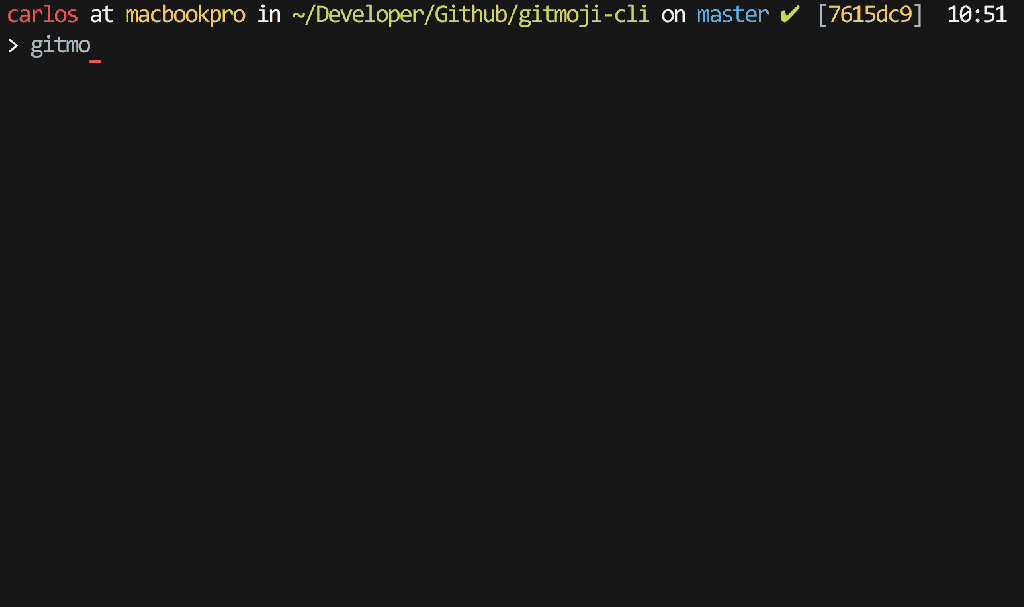
Do you need to quickly transfer files? Do you like to use the command line? Then Croc is for you. It’s a tool that allows you to transfer files and folders between computers securely using the command line. It also provides end-to-end encryption, allows for multiple files, and works on Windows, Linux, and Mac—winning! The latest version of Croc shows you folders on the receiving computer’s end, and there’s lots of new additions including prompts to allow you to overwrite a file/s automatically, prompts if there are the same files in the destination computer, and you can also change curves. Check out all the updates on the Croc changelog.
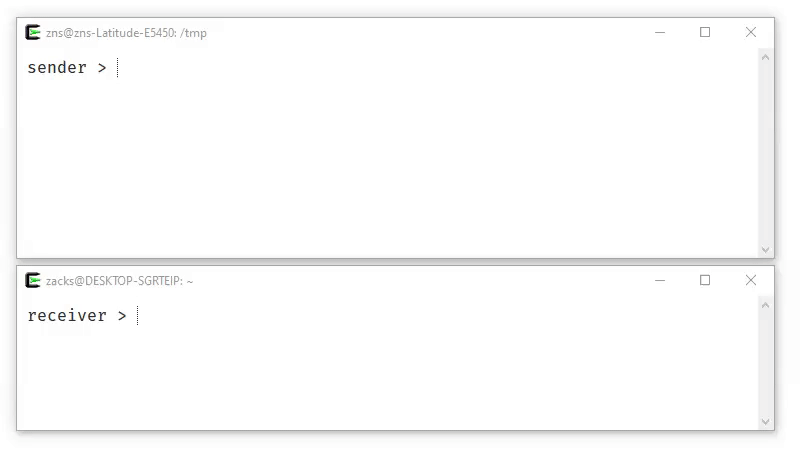
Written in Python for Python. Spyder is a scientific environment designed by scientists, engineers, and data analysts. It’s a system that allows you to edit, analyse, debug, profile, and interact with data in an exciting way. Spyder 5.0 comes with the ever-coveted-by-developers dark theme, a new light theme look, new toolbars, new icon sets, new APIs and plugins, and more. Check out all the fancy updates and features in the Spyder release notes.

Well that’s all for this month’s top release picks. Congratulations to everyone who shipped a new release, whether it was version 1.0 or version 9.0. Keep them coming people! Remember to check out the awesome project releases from our March Release Radar. If you’ve got a new release coming, we’d love to see it. Tag us when you share your release on social media, and we’ll keep an eye out.

Let’s dig into the 2025’s open source data on GitHub to see what we can learn about the future.
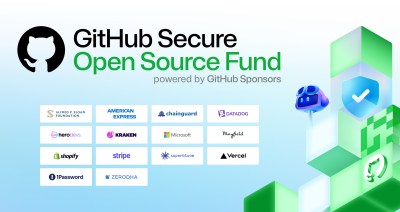
Learn how The GitHub Secure Open Source Fund helped 67 critical AI‑stack projects accelerate fixes, strengthen ecosystems, and advance open source resilience.

Open source is hitting an “Eternal September.” As contribution friction drops, maintainers are adapting with new trust signals, triage approaches, and community-led solutions.